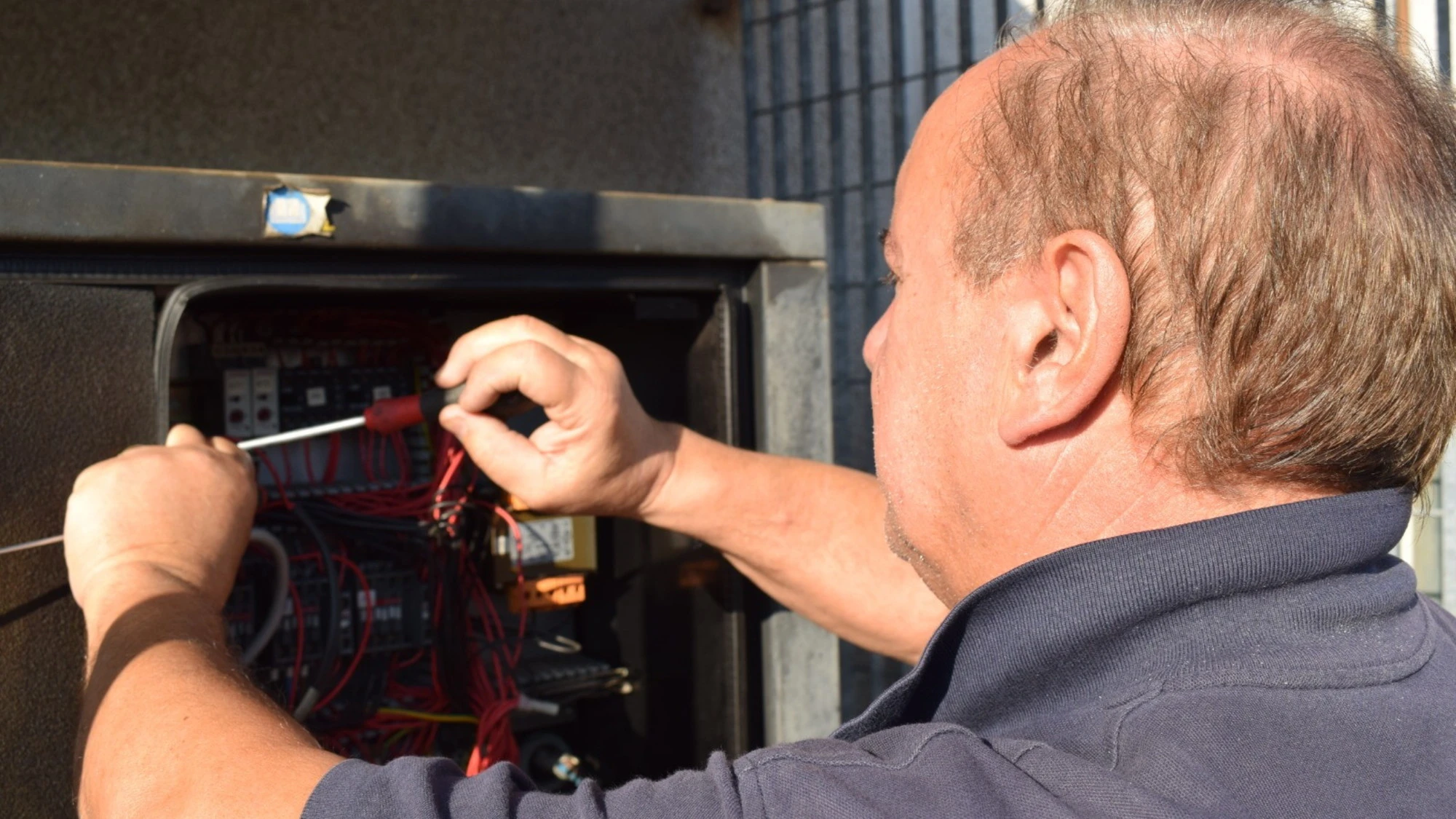- Uncomplicated processing, however, should not be confused with a lack of comprehensive scrutiny on the part of the Dominican Government. To the contrary, due diligence is the cornerstone of the Dominica Citizenship by Investment (CBI) Programme, and the foundation for its decades of success. 1. Selecting an Authorised Agent Applicants wanting to become economic citizens of Dominica must first contact one of the programme's Authorised Agents, a select number of experts who are vetted and licensed by the Government, and authorised to act on behalf of an applicant. Authorised Agents play a dual role. First, they put their knowledge and expertise at the applicant's disposal, ensuring that they receive proper guidance throughout the process. Second, they perform initial due diligence on the applicant, establishing their identity and confirming he or she does not appear on criminal or sanctions databases. Authorised Agents' performance and suitability to continue their role is regularly reviewed, as their licence is conditional on their ability to pre-approve all applicants as bona fide investors. 2. Preparing and Submitting the Application With assistance from an Authorised Agent, applicants for economic citizenship must complete all required forms and obtain supporting documents. A list of these forms and documents is available on the official website of the Citizenship by Investment Unit – the Government body that administers the CBI Programme and processes all applications. Forms aim to obtain 10 years' worth of information on the applicant, whilst separate forms are required for an applicant's fingerprints and medical examinations. Supporting documents are used to corroborate all statements made by the applicant. With respect to identity, they include, but are not limited to, the applicant's birth certificate, passport, marriage or divorce certificates, drivers' licence, identity cards, military service and discharge records, name change records, passport photos, and proof of residential address. With respect to education, professional, and business history, they include college or university diplomas, a professional reference letter, a letter of employment, and a detailed curriculum vitae. With respect to medical history, they include HIV, blood, and urine test results. Evidence of source of funds is also requested in the form of financial statements, 12 months' bank statements, company ownership documents, and records of corporate and business activity. Criminal records are required from several jurisdictions, including the applicant's country of birth, country of citizenship, country of residence, and any country in which the applicant has resided in the past 10 years. Documents must either be originals or true copies thereof, authenticated through notarisation and legalisation. The applicant must follow the procedures mandated by the Apostille Convention or, where this does not apply, the Foreign Ministry of the jurisdiction in which the copy was made. All documents must also be in English or translated by a certified translator. When all forms and documents are prepared, the application is submitted to the Unit on the applicant's behalf. 3. Government Due Diligence Alongside submission, the applicant pays processing and due diligence fees – the latter amounting to US$7,500 for the applicant and US$4,000 for all other family members aged 16 or over. These steep fees are utilised to assess the applicant and ensure suitability for citizenship in what is part of a three-month, multi-layered screening system. Screening begins within the Unit, where compliance experts familiar with international best practices and trained in open-source checks, anti-money laundering, and counter-terrorism financing review applications. Applications are then delivered to private investigative firms that are independent of the Dominican Government and internationally renowned, including UK-based FACT and S-RM, Canadian-based Thomson Reuters, and US-based BDO and Exiger. These firms perform both online and on-the-ground research on applicants. Finally, Government and intergovernmental partners, such as Interpol and the CARICOM's Implementation Agency for Crime and Security, are consulted. Interviews are not part of the process, as the due diligence performed on applicants through the Unit, private firms, and governmental and intergovernmental partners is extensive and enough to confirm an applicant's suitability for citizenship. In rare instances, an applicant may be asked to attend an interview, but provision can be made for the interview to be conducted outside of Dominica. 4. Approval in Principle Due diligence may result in an application being denied or delayed for cause – a step that generally requires the applicant to provide further evidence of his or her activities. In successful cases, however, due diligence results in the issuance of an approval in principle. An approval in principle is a letter indicating that the applicant will be approved for citizenship if he or she completes the investment in Dominica within three months. 5. The Investment In Dominica, applicants have two investment choices: a contribution to a Government fund known as the Economic Development Fund (EDF), or the purchase of real estate pre-approved by the Government. Minimum investment amounts vary according to the route taken. For a husband and a wife applying together, for example, a US$175,000 contribution to the EDF is required, while purchased property must be valued at a minimum of US$200,000. In the case of real estate investments, a Government Fee, totalling US$35,000 for a husband and wife, is also applicable. Additionally, the real estate must be held for either three or five years, depending on whether the applicant seeks to sell the real estate to another applicant for economic citizenship. Applicants who transfer the investment moneys are subject to a final, non-governmental assessment on the part of the National Bank of Dominica. At this stage, the applicant must provide a bank reference letter and audited financial reports for the last two years, as well as any other document that the bank, at its discretion, may require. The Government will not approve an applicant for citizenship unless investment funds are cleared. 6. Citizenship Once funds are cleared, the Government of Dominica approves the applicant for citizenship. This is evidenced by the issuance of a Certificate of Naturalisation signed and dated by the Minister for Justice, Immigration, and National Security and stamped by the Unit. The Certificate of Naturalisation demonstrates citizenship of Dominica and is the most important document to be issued to a person throughout the process of obtaining economic citizenship. It is this document that proves a person has the same rights and duties that are shared by all Dominicans. 7. Passport Obtaining a Dominican passport is a separate step that can be completed only once an applicant has become an economic citizen, and that entails contacting Dominica's passport office. The passport office has its own set of documentary requirements, including a completed passport form and the economic citizen's birth certificate, Certificate of Naturalisation, passport photo, marriage certificate, and name change records. With a passport from the Commonwealth of Dominica, a highly vetted economic citizen can thus benefit from Dominica's strong diplomatic relations with other nations across the globe, which have resulted in, among other things, freedom to travel to various destinations either with no visa or under a visa-on-arrival regime. www.csglobalpartners.com pr@csglobalpartners.com




